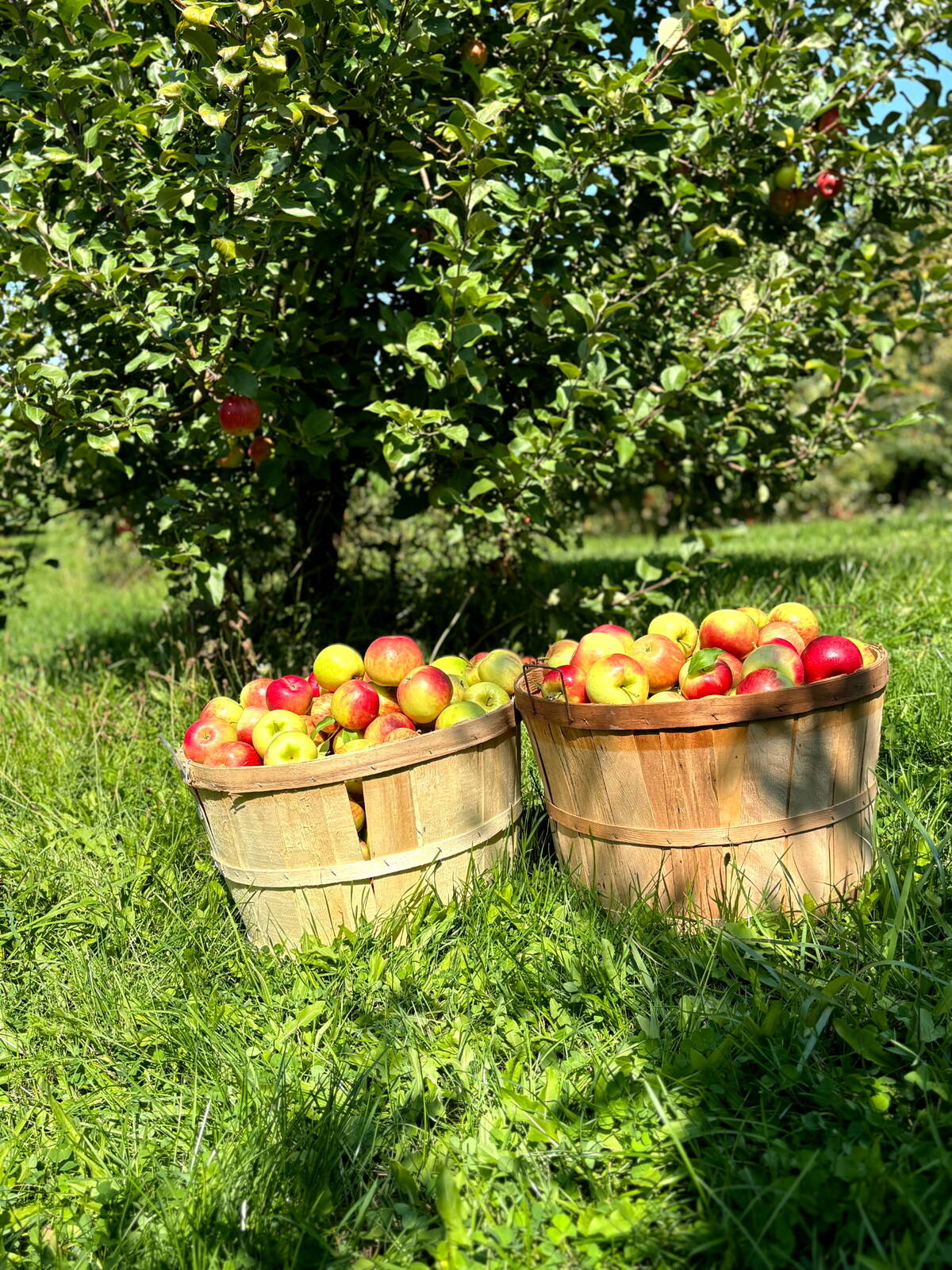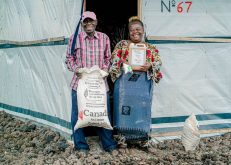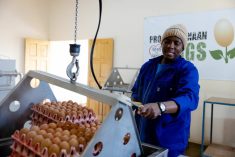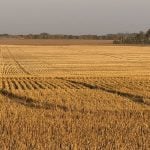Glacier FarmMedia – The Canadian Agri-Food Policy Institute has identified short- and long-term issues affecting the food system’s resilience.
Why it matters: By identifying key obstacles affecting food production and distribution systems, government and industry can draw up action plans to meet the challenges.
In a report resulting from discussion with 40 stakeholders, the Ottawa-based think-tank said the supply chain is performing well but uncertainty prevails.
Many challenges currently facing the industry, according to the report, were related to logistics. Supply does not rate as a high concern, but getting that supply transported, distributed and stocked on retail shelves does.
Read Also

Farmers taking to social media to spread the word about the cost of farm thefts
A rash of farm thefts in Ontario have left farmers looking for new ways to help customers understand the cost of stealing goods.
The report noted absenteeism of workers is up 10 per cent at input suppliers, plants, warehouses and retailers, and there is concern workers at ports, including inspectors, will get sick, creating a backlog of imported ingredients or products needed to keep the supply chain efficiently operating.
“Without proper planning there is a risk of entire plants being closed temporarily.” This has already been seen at beef and pork processing plants and some grocery stores.
“Many participants pointed out that when there are problems downstream, there are consequences for upstream sectors, such as the case with culling of market-ready hogs as a result of a plant closure.”
The report also pointed to concern over a shortage of skilled labour, such as truck drivers, mechanics and maintenance workers brought in to repair equipment, many of them specialized and imported from Europe or the United States.
“Thus, the retention of skilled workers, as well as the recruitment of new ones and proper training to address the redundancy required in the event of illness and worker absenteeism remain important issues,” said the report, released April 27.
Noting that processing plants cannot sell their products without inspectors, the report raised concern over the availability of inspectors.
“This can lead to slowdowns in supply chains,” the report stated, later adding, “Allowing for some flexibility in enforcing regulations at plants, during transport of live animals and commodities and interprovincially and cross border would allow for less rigidity and fewer potential bottlenecks in the system.”
The report acknowledged some participants are concerned over a “lack of emergency preparedness by some companies in terms of risk management around pathogens and food safety and the lack of government-industry preparedness where regulators have sat on the sidelines waiting for the industry to respond.”
CAPI also concluded in the report proper plans were not put in place following the 2003 BSE crisis.
“Business continuity plans were to be developed with tools to respond to natural disasters and pandemics,” read the report. “It was incumbent on the supply chain to map out the weaknesses in the system to be able to identify quickly where the challenges will arise after the BSE crisis.
“This does not appear to have been done.”
Despite that work not being done, CAPI says more readily available digital data and rules brought in by the Safe Food for Canadians Act have helped monitor operations within the food chain.
Several participants in the CAPI-led dialogue expressed concerns around food security and the increase in food-insecure households growing because of a lack of income and increased food prices.
It’s expected concerns around food security will increase if forced closures of businesses continue.
Participants in the dialogue also acknowledged the impact decades-old decisions are having on the domestic food supply chain. A growing focus on trade and export markets rather than domestic processing and supply capacity has led to many of the challenges being experienced today.
“There needs to be more focus on ensuring we can supply it to our own people in the event of another pandemic or natural disaster,” says the report.













